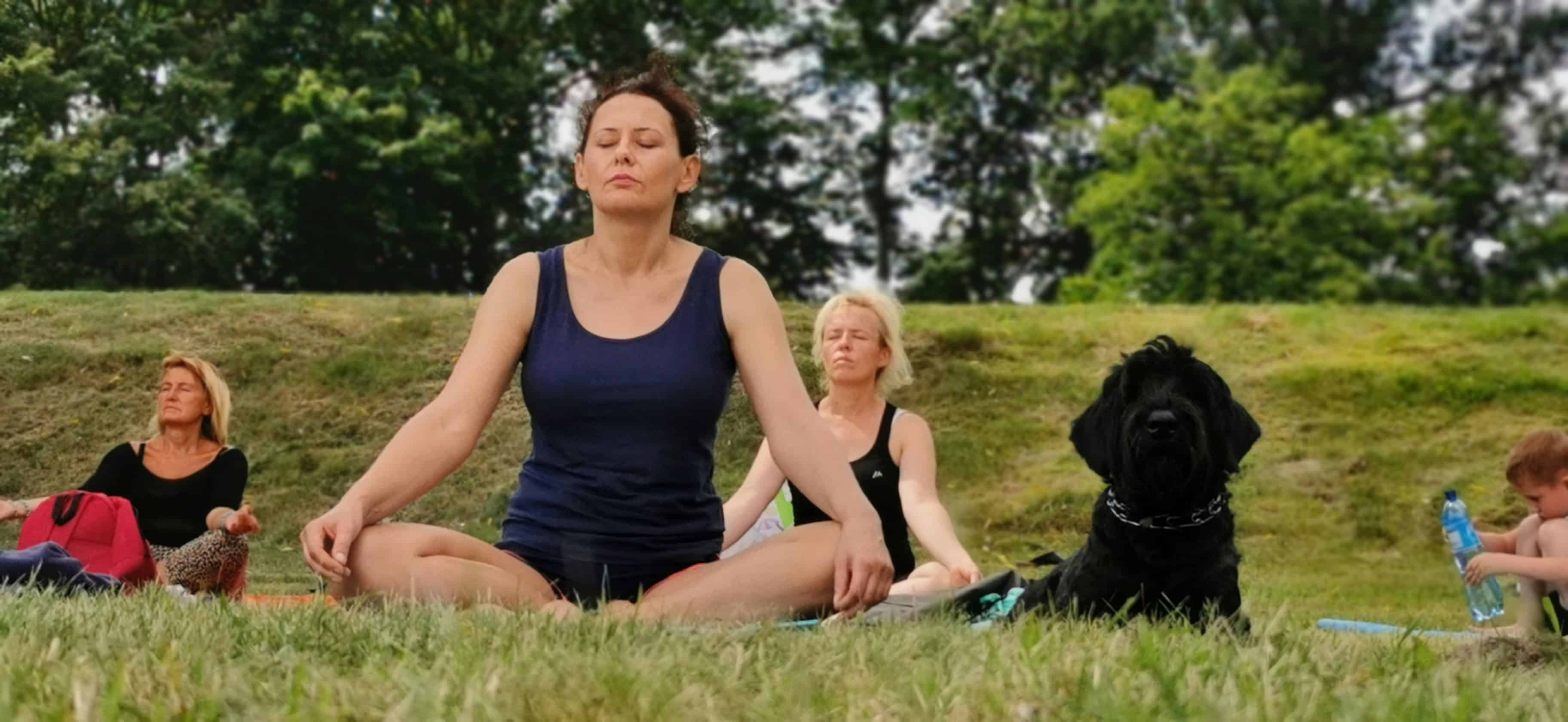Boost Energy Naturally During Perimenopause

Why Energy Drops During Perimenopause
If you have noticed your energy levels changing in midlife, you are not imagining it. Hormonal shifts during perimenopause can affect everything from sleep and mood to metabolism and motivation. Fluctuating estrogen and progesterone can lead to tiredness, brain fog, and emotional ups and downs.
But hormones are not the only factor. Many women in their forties and fifties are managing demanding careers, relationships, and family responsibilities all at once. That invisible mental load takes a toll. The result is often exhaustion that even a good night's sleep or another coffee doesn’t seem to fix.
The good news is that your energy can recover. By supporting your body and mind with a few sustainable changes, you can start feeling more balanced, focused, and steady again.

1. Nourish Yourself for Lasting Energy
Food is fuel, but not all fuel sustains you the same way. During perimenopause, blood sugar regulation becomes more sensitive, so eating in a way that stabilises energy is key.
Start your day with a balanced breakfast that includes protein, such as eggs, yoghurt, or tofu. Add complex carbohydrates like oats or quinoa and healthy fats like avocado or nuts. These combinations keep energy steady instead of spiking and crashing.
Try to eat regularly and stay hydrated throughout the day. Even mild dehydration can lead to fatigue and brain fog. Aim for one and a half to two litres of water daily and include plenty of fibre from vegetables and whole foods to support your gut health, which plays a major role in energy and hormone balance.

2. Move for Energy, Not for Exhaustion
Exercise does not need to be intense to make a difference. In fact, overdoing it can sometimes worsen fatigue. The key is gentle, consistent movement that supports circulation, improves mood, and strengthens your body.
Walking, yoga, Pilates, and light strength training are all excellent options. Try to move your body most days, even if it is just for ten minutes. Focus on what feels good rather than what you think you should do.
Listen to your body’s rhythm. Some days will be naturally lower in energy, and that is okay. On those days, rest or choose restorative movement instead of pushing harder.

3. Make Sleep a Priority, Not an Afterthought
Many women in midlife notice changes in their sleep patterns. You might find it harder to fall asleep, stay asleep, or wake feeling refreshed. Poor sleep directly impacts energy, mood, and hormonal balance.
Creating an evening routine can help signal to your body that it is time to wind down. Turn off screens an hour before bed, dim the lights, and try something calming like journaling, stretching, or sipping herbal tea. A cool, quiet, and dark room also helps promote deeper sleep.
Remember, rest is not a luxury. It is where your body resets and repairs. Protecting your sleep is one of the simplest and most powerful ways to boost daytime energy.
4. Manage Stress Before It Manages You
Chronic stress is one of the biggest drains on energy. It keeps your body in a constant state of alertness, which can leave you feeling wired yet tired.
Start with small, practical stress management tools. Take five deep breaths before you check your phone in the morning. Go for a short walk between meetings. Write down what you are grateful for before bed.
These tiny pauses help calm the nervous system and reduce cortisol, your main stress hormone. Boundaries are also part of self care. Saying no to unnecessary commitments and carving out time for yourself can make a significant difference to your energy levels.

5. Reconnect With What Brings You Joy
Not all fatigue is physical. Sometimes the heaviest exhaustion comes from being disconnected from what brings you joy. Ask yourself when you last did something that made you laugh, inspired you, or gave you peace.
Small moments of pleasure, like listening to music, chatting with a friend, gardening, or reading, can be powerful energy boosters. When you reconnect with what genuinely lights you up, you will notice a shift not only in your mood but also in how much energy you have for everyday life.
Bringing It All Together
Boosting your energy in perimenopause is not about radical change. It is about making realistic adjustments that honour your current needs. Eat for steady fuel, move your body gently, rest deeply, manage stress mindfully, and prioritise what makes you feel alive.
These steps may seem simple, but they are incredibly effective when practiced consistently. Over time, they help restore balance, resilience, and a renewed sense of vitality.
A Gentle Next Step
If you are looking for more practical ways to support your wellbeing in midlife, start by exploring simple lifestyle shifts like the ones above.
You don’t have to navigate perimenopause on your own. With awareness, patience, and small daily actions, it is absolutely possible to feel more energised and balanced again.
For more blog posts:
Further reading: